Top 10 Must-Have Qualities for Plastic Closures
The plastic bottle caps market is witnessing substantial growth with increasing demand for packaged beverages such as water, juices, and sports drinks.
To help service this need, CSI offers more than 90 in-stock closures to choose from, as well as completely custom bottle caps. While this wide selection means that our customers are almost guaranteed to find a well-suited closure, beverage brands and procurement managers alike must balance rigorous technical requirements of each bottle cap case use — keeping in mind today’s consumer expectations like plastic caps that can be easily recycled or made from recycled materials.
Here are 10 qualities when selecting a new bottle cap for your product, including food and beverage, pharmaceutical, and household products.
1. Easy Open and Close
The texture of any bottle cap must provide a non-slip grip for easy opening and closing. The closures must also be compatible with a variety of hand sizes and mobility levels: Children need to be able to open the cap with their smaller hands, and the elderly and other people with limited hand mobility must also be able to operate the cap. Once the package is open, the cap should be simple to realign and close, and it should stay closed until the consumer wishes to open it again.
2. Intuitive Operation
Bottles don’t come with an instruction manual so consumers should be able to figure out how to open the cap and seal merely from looking at the product and picking it up. They should also be able to reverse the process and intuitively figure out how to replace the cap.
3. Right Size Diameter
The diameter of the cap should be proportional to the package and easy to grip. The opening should also be wide enough that consumers can access the product easily in whatever manner makes the most sense, whether that is drinking a beverage or putting a knife into a peanut butter jar. The opening should be accessible enough that consumers can get out almost all of the remaining product without undue trouble. However, it should not be so wide that the cap is hard to open or that spills occur easily.
4. Easy Pouring and Access
The shape and diameter of the cap should make it possible to pour the product quickly and easily, without spilling or over-pouring. Consumers should be able to control both the speed and direction of the pour to ensure that the product goes exactly where they want it to.
5. Leak and Spoilage Prevention
Certain products like dairy can make consumers extremely sick if they leak or the seal is otherwise compromised. Leaks also result in loss of product (and money), and they are a hassle to clean up as well. That is why the bottle caps must stay sealed, to prevent spoilage and product loss.
6. Tamper Evidence
The seal or ring on the bottle cap must demonstrate whether or not the product has been previously opened or otherwise tampered with. Such tamper-evident closures provide peace of mind for the end consumer and also support health and safety goals.
7. Shipping and Distribution
Each bottle’s dimensions must meet all shipping and packaging criteria for the individual product and the brand as a whole. Caps should also remain secure during shipping to maintain the seal. Finally, the caps must be sufficiently durable to survive any rough transit intact.
8. Cost-Effectiveness
Price sometimes matters just as much as performance when it comes to choosing the right bottle caps for your product’s needs. Manufacturers like CSI look for cost-effective solutions — such as switching to a more lightweight cap — that offer pricing savings without compromising the performance and quality of the closure.
9. Innovation and Design
Unique and innovative designs are important for branding and marketing purposes, making the product stand out on the shelf. The appearance, texture, and color of the cap should be compatible with company and product branding standards.
10. Environmental Impact
Increasingly, brand and consumer emphasis on sustainability is driving positive changes in plastic packaging manufacturing with a reduced environmental impact.
CSI is a leading manufacturer of eco-friendly bottle caps by having the option of being made of PolyCycle® recycled (PCR) resin.
Ready to explore all the bottle caps and closures offered by CSI? Check out our Capfinder tool, which provides an easy way to browse and sort the 90+ stock closures we offer.
Get more information on PolyCycle® resin and closures here.
If you’re ready to get started on a pricing quote for a specific stock closure or want to learn more about custom closures, reach out to our customer service team at +1 (317) 390-5000.
1. What is the significance of “Decrypting the Bottle Cap”?
“Decrypting the Bottle Cap” refers to understanding the essential qualities and considerations when selecting a plastic bottle cap for various products, including beverages, pharmaceuticals, and household items. It involves analyzing factors such as ease of use, durability, tamper resistance, and environmental impact.
2. What are the top 10 must-have qualities for plastic closures?
The top 10 qualities to consider when selecting a plastic closure include:
- Easy open and close
- Intuitive operation
- Right size diameter
- Easy pouring and access
- Leak and spoilage prevention
- Tamper evidence
- Shipping and distribution compatibility
- Cost-effectiveness
- Innovation and design
- Environmental impact
3. How can I ensure that a bottle cap is easy to open and close?
Ensure that the bottle cap provides a non-slip grip, is compatible with various hand sizes and mobility levels, and can be easily aligned and closed securely after opening.
4. What does “intuitive operation” mean in relation to bottle caps?
Intuitive operation means that consumers can easily figure out how to open and seal the cap without needing explicit instructions. The design should be user-friendly and self-explanatory.
5. Why is the right size diameter important for bottle caps?
The diameter of the cap should be proportional to the package, making it easy to grip and access the product without spilling. It should strike a balance between accessibility and security.
6. How can bottle caps prevent leaks and spoilage?
Bottle caps should provide a secure seal to prevent leaks and spoilage, particularly for products like dairy that can cause illness if compromised. Tamper-evident features also help ensure product integrity.
7. What role does tamper evidence play in bottle cap design?
Tamper-evident features on bottle caps indicate whether the product has been previously opened or tampered with, providing reassurance to consumers and supporting health and safety measures.
8. How does environmental impact factor into plastic bottle cap selection?
Increasingly, brands and consumers prioritize sustainability, driving the demand for eco-friendly packaging solutions. Plastic closures made from recycled materials, such as PolyCycle® resin, help reduce environmental impact.
9. Where can I find more information about CSI’s bottle caps and closures?
For more information about CSI’s bottle caps, including stock closures and custom options, visit our website or contact our customer service team at +1 (317) 390-5000.
10. How can I explore CSI’s range of bottle caps?
Explore CSI’s 90+ stock closures using our Capfinder tool, which provides an easy way to browse and sort through available options based on your specific needs and preferences.


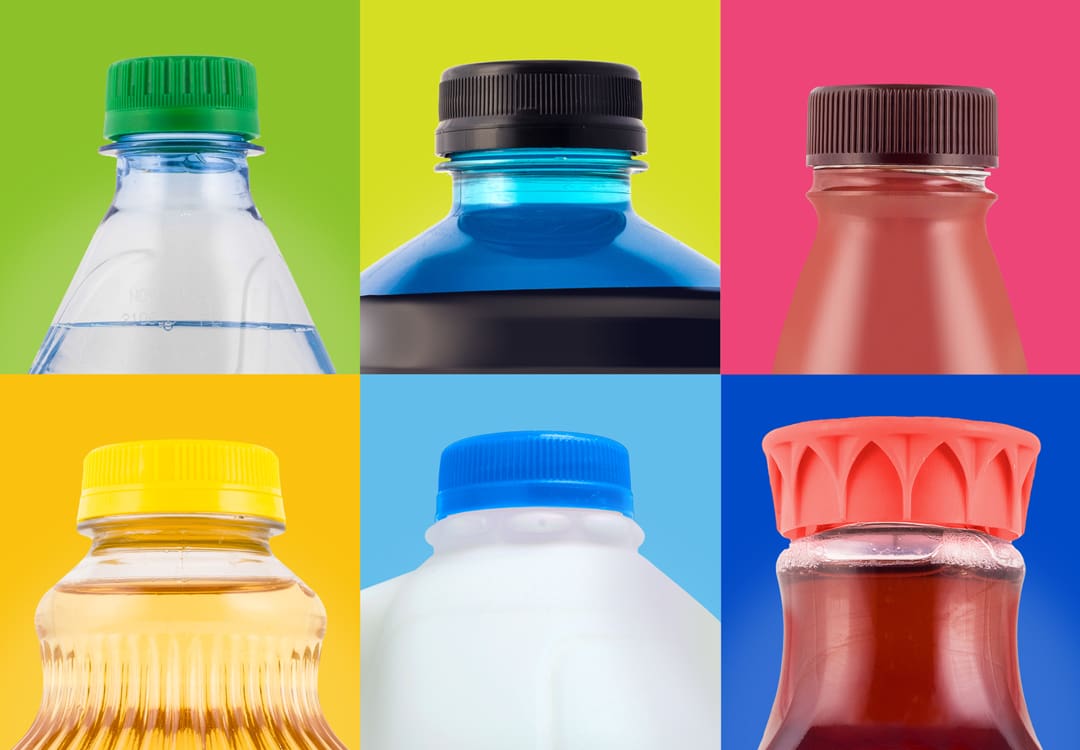
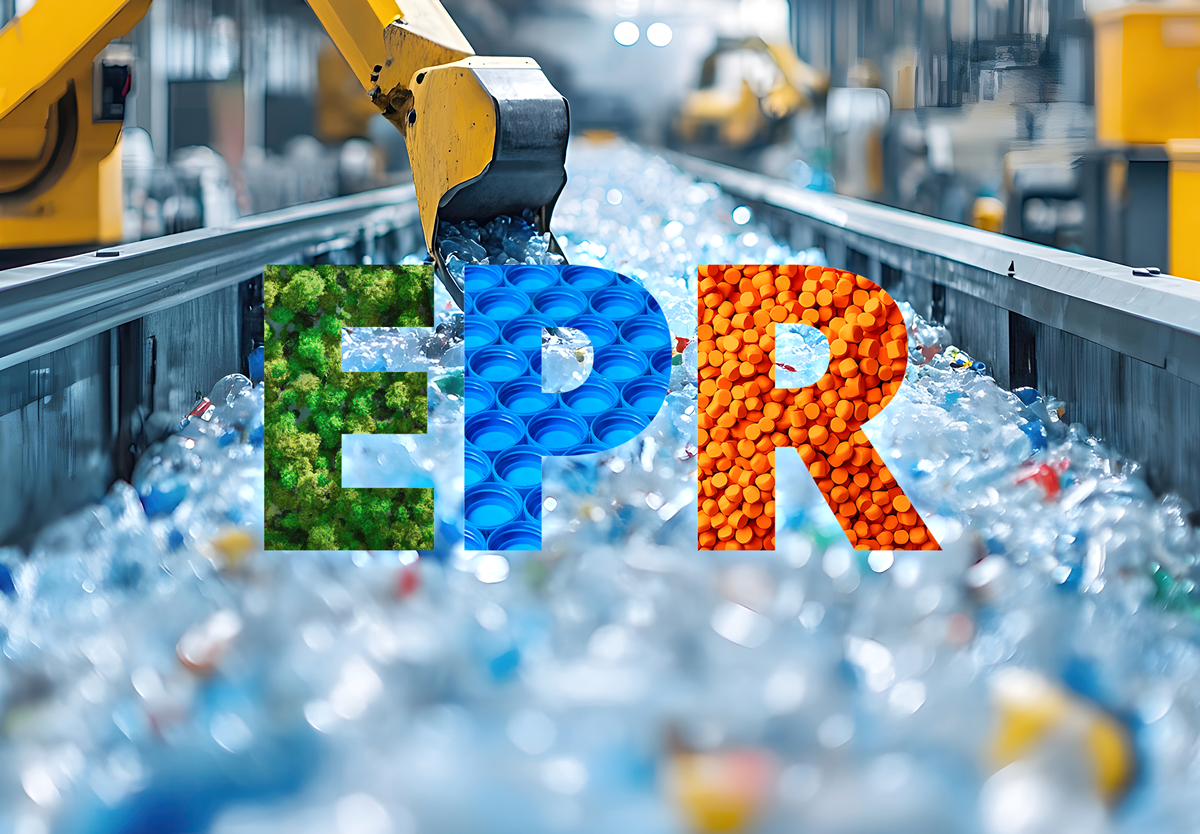

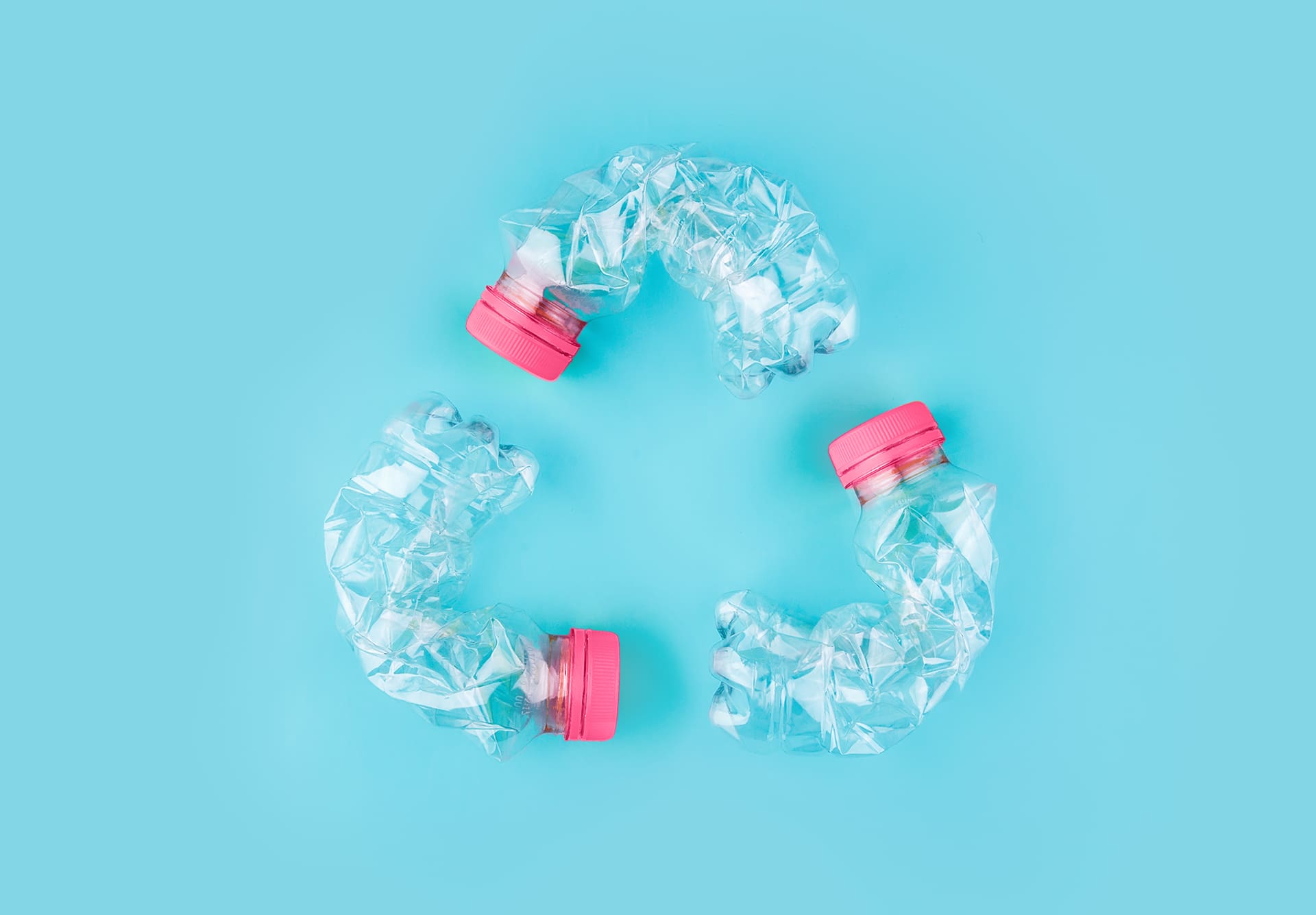
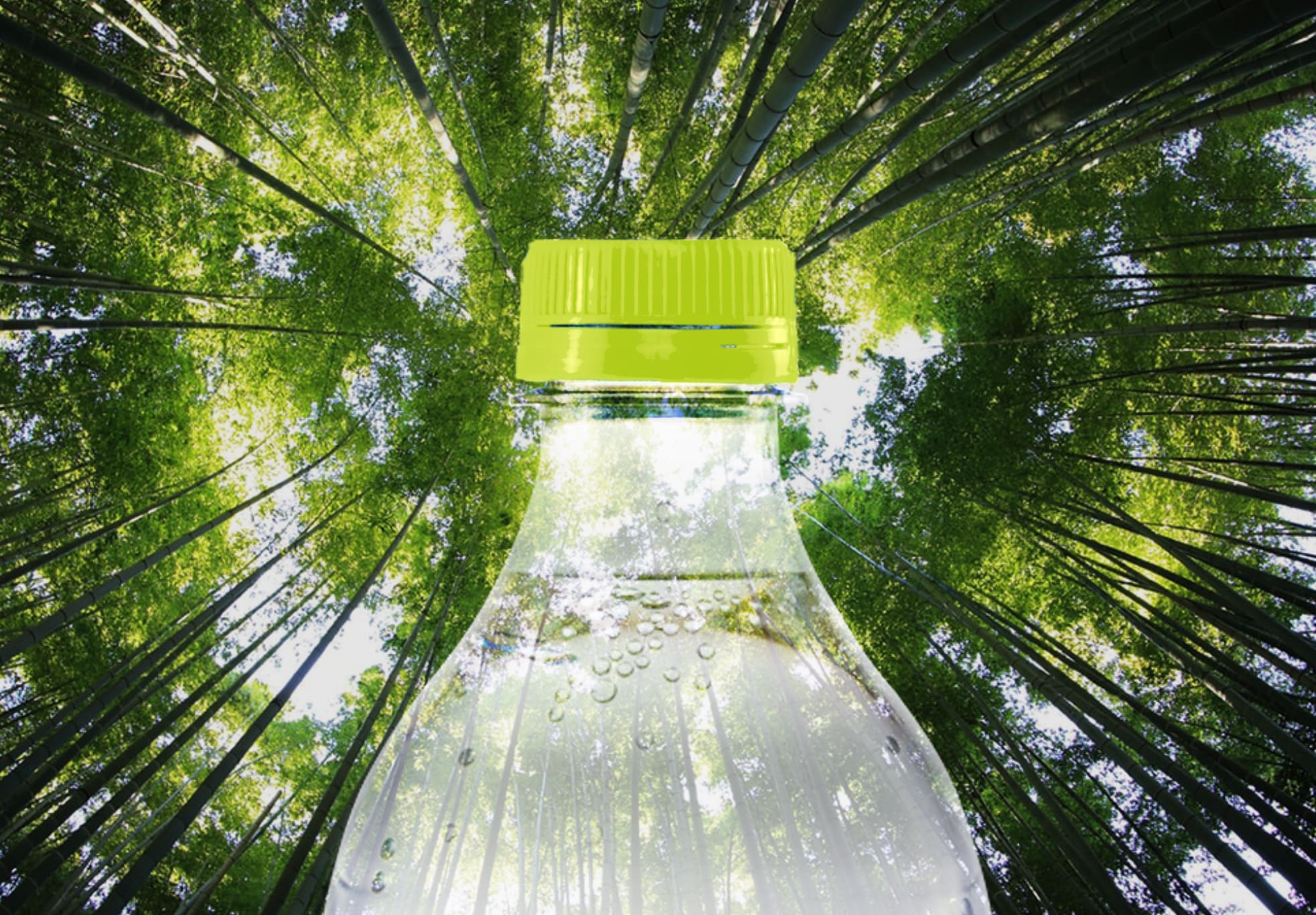

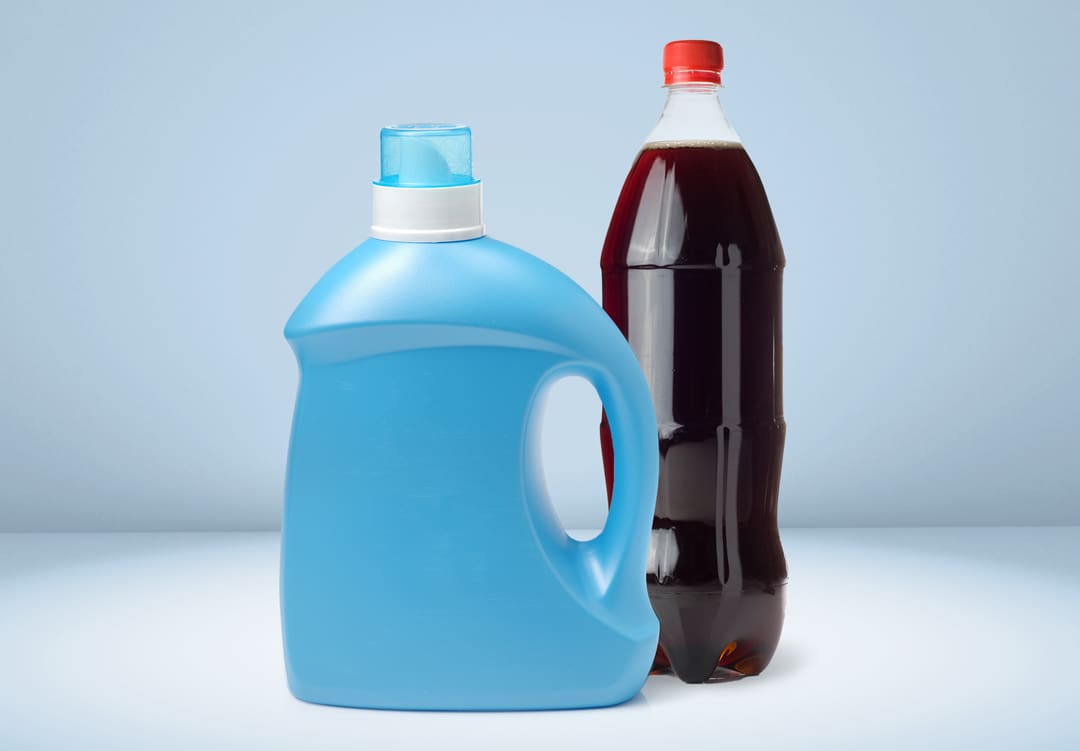

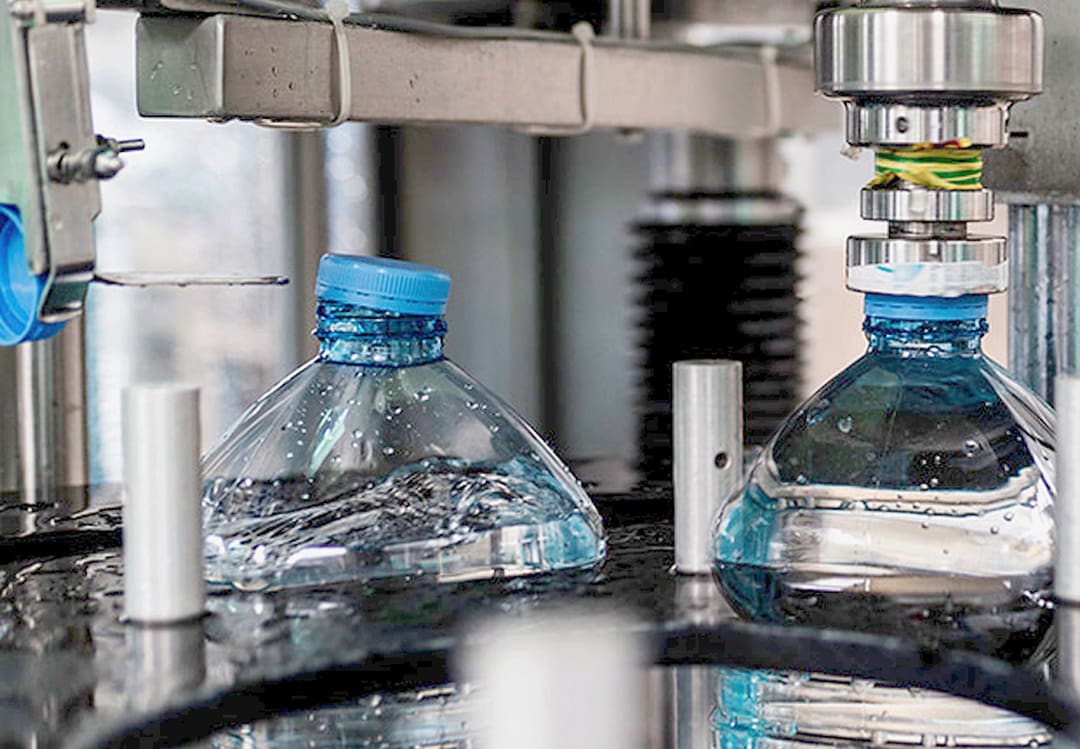
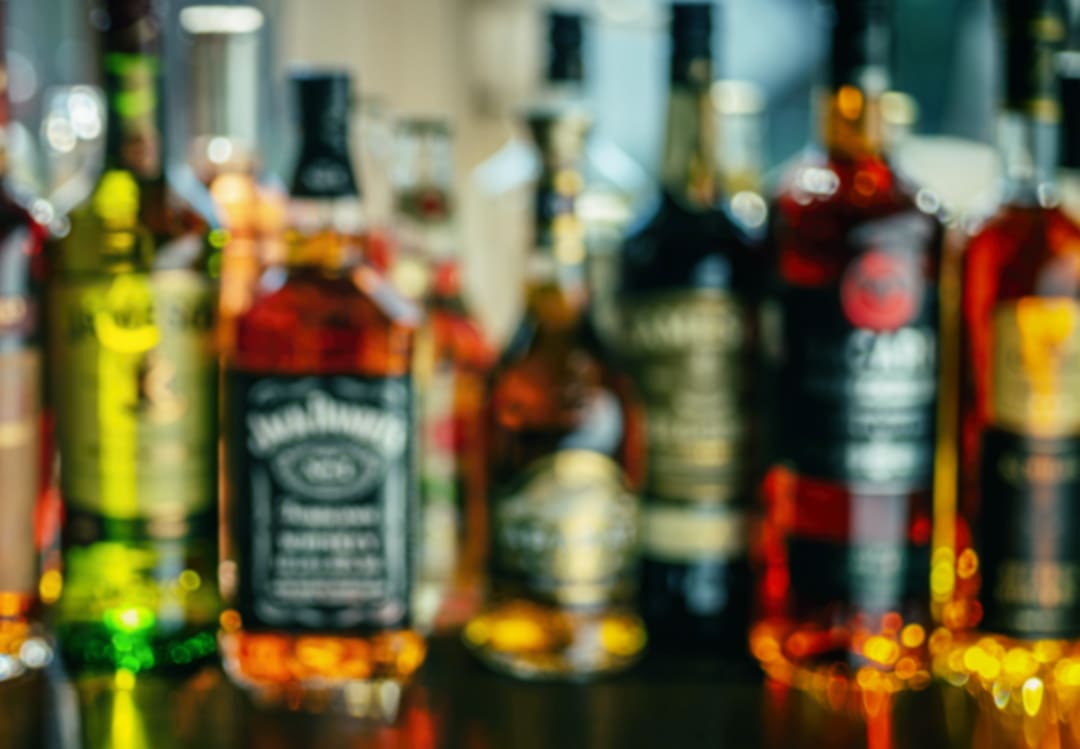
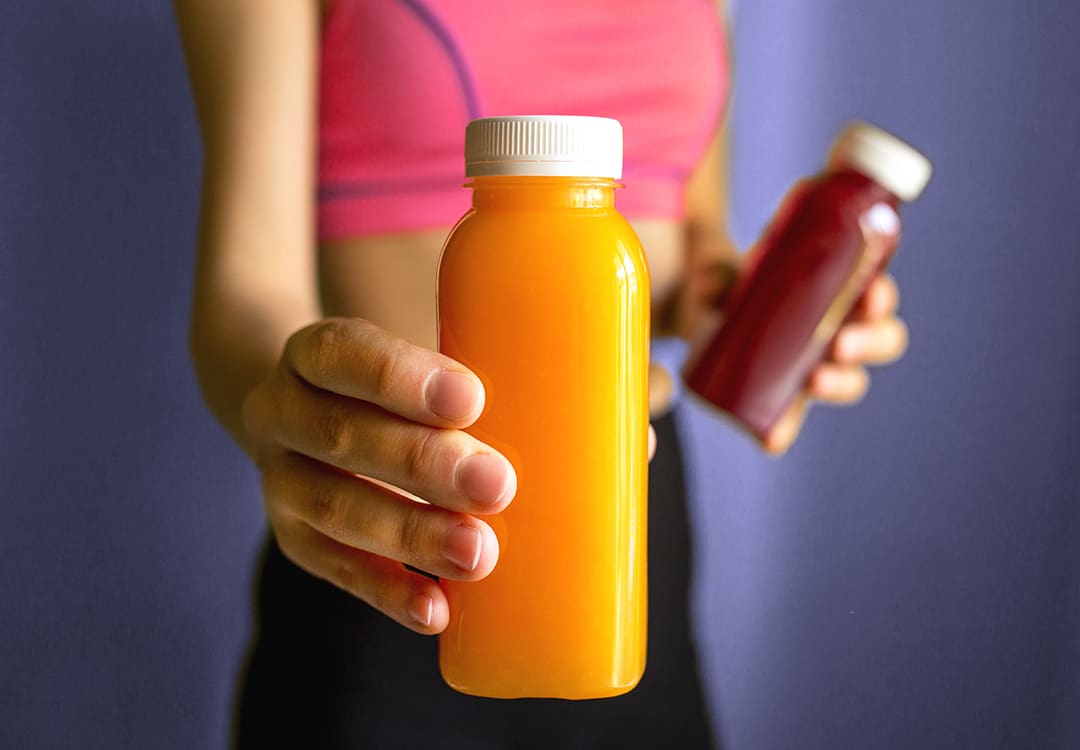
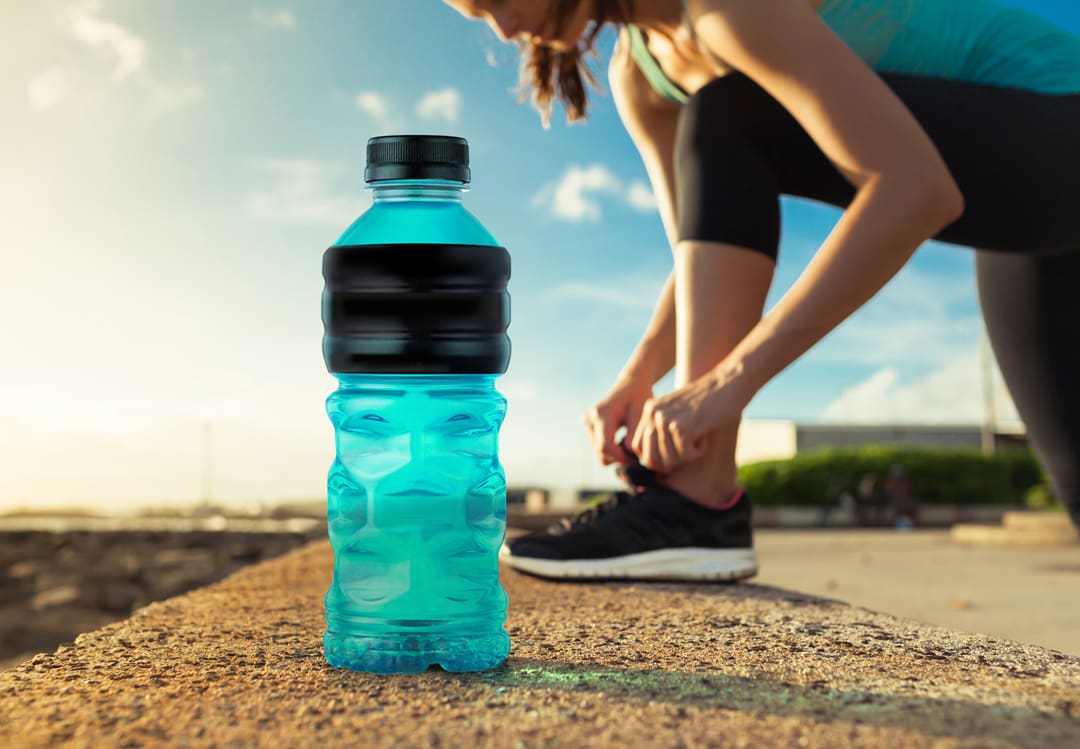
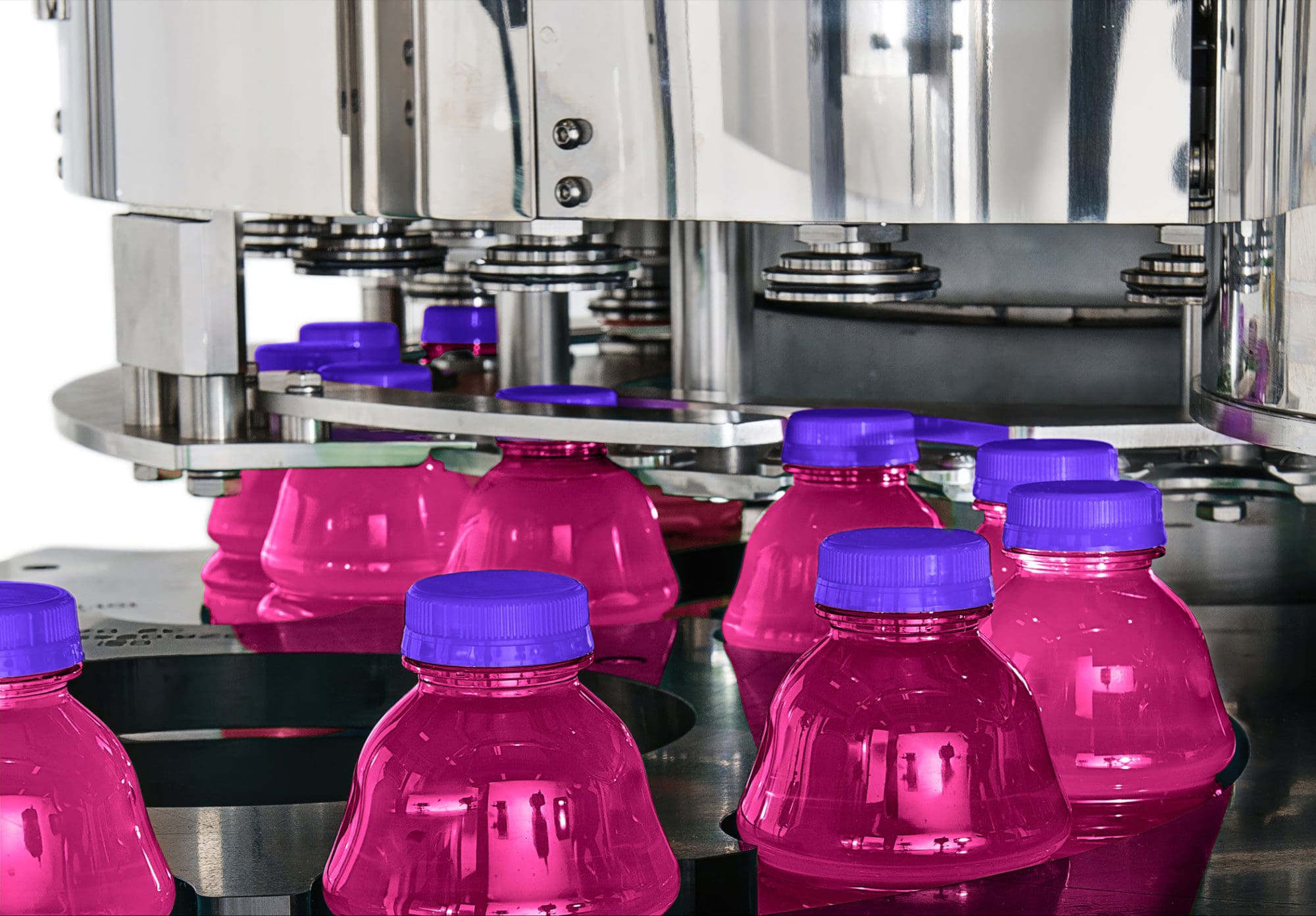
Recent Comments